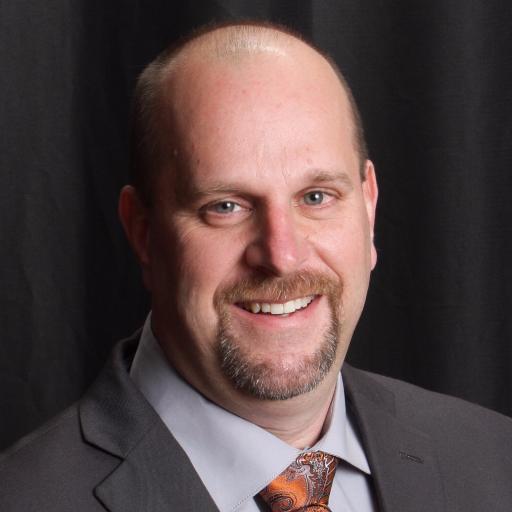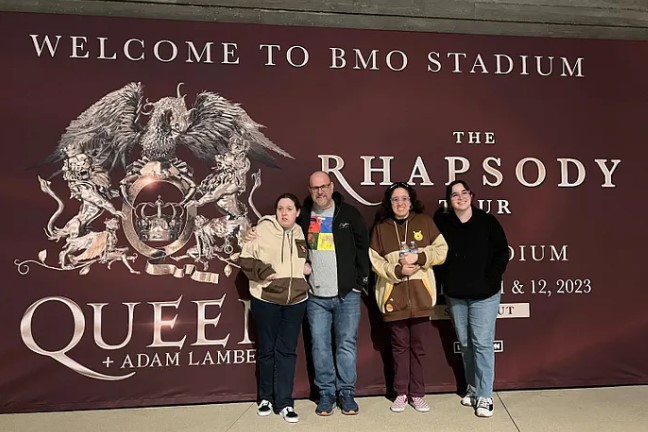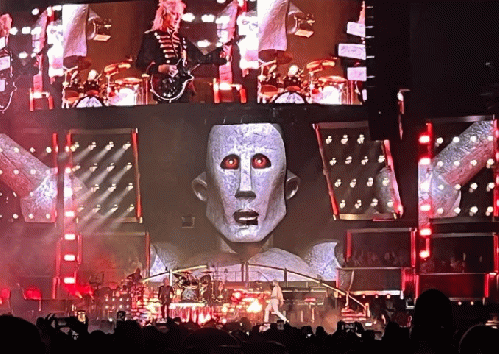"I'll top the bill I'll overkill I have to find the will to carry on with the show On with the show"
- Queen
The first full-fledged rock concert I ever experienced was Queen at Madison Square Garden in 1982 (1). We entered the historic venue after opening act Billy Squier had already taken the stage. Forty years later I can still remember the feeling of being hit by sound waves as the opening of "In the Dark" was played.
I was introduced to Queen through their massively popular album The Game and its hit songs "Another One Bites the Dust" and "Crazy Little Thing Called Love". As an instant fan, I bought a shirt and wore it to school where I was admonished by a classmate for not knowing more about their back catalog. Soon after the eight-track of their Greatest Hits was part of my collection. This was quickly replaced by a cassette as the original wore out. That did not last very long either. I was hooked.
Shortly before the show at the Garden, the band released Hot Space, the followup to The Game. This album represented a change in direction for the band that was not well received by the public. While I personally still enjoy the album, others did not agree and it is widely blamed for a drop in the band's popularity in America. Luckily, the Hot Space tour took place so early in the album cycle that it acted almost as an extension of the Game tour, allowing me to see them at what was still the height of their popularity.
The Hot Space tour dates would be Queen's last North American shows anchored by Freddie Mercury. If diminishing record sales were not enough, the singer's unpublished AIDS diagnosis meant he would have been denied entry to the United States under Ronald Regan's draconian policies. Any hope of seeing them live again died with Mercury in 1991.
Those years were difficult to be a die-hard Queen fan in America. For part of the time, the band did not even have an American recording contract. While they were playing stadiums and festivals in other parts of the world, their back catalog was only available here in the import section of record stores.
In the year following Mercury's death, the band was thrust back into cultural relevance by the Movie "Wayne's World." In the opening scene, characters played by Mike Myers and Dana Carvey humorously sing along and headbang to Bohemian Rhapsody resulting in the song's reintroduction to the charts.
That same year, Metallica released their cover of "Stone Cold Crazy," reminding Metalheads that Queen was one of the forerunners to their preferred genre. While bassist John Deacon retreated from public life, Guitarist Brian May and Drummer Roger Taylor continued to cultivate the band's place in history. After overseeing the release of the band's final studio album, which combined Mercury's last recordings with reworked versions of songs from the singer's underwhelming solo albums, they entered into Queen+ collaborations. This included a world tour, live album, and new songs under the moniker of Queen + Paul Rogers. In 2001 the band was inducted into the Rock and Roll Hall of Fame by Dave Grohl and Taylor Hawkins.
In 2009, Queen was a featured artist on American Idol. It was here that May and Taylor first worked with Adam Lambert, setting the stage for the next collaboration: Queen+ Adam Lambert. The latest endeavor for this relationship was another tour of North America, which ended last weekend with two sold-out shows at BMO stadium in Los Angeles.
Freddie Mercury's presence was front and center from the time the lights went down. Coming on stage to a pre-recorded version of the song "Machines" from The Works album, Mercury's voice was the first one heard by the audience. After joining the recording the band seamlessly segued into its album mate, "Radio Ga Ga." This was followed by "Hammer to Fall," which is also from the same album.
In all, five tracks were played from The Works, an album that had only reached 23 on the American Charts and never achieved platinum status in the States. "Who Wants to Live Forever," "Show Must Go On," and "I Want It All," were also featured in the set despite being from albums that did not sell well in the United States. To hear the crowd react to these great songs from this difficult period in the band's history was a tremendous payoff for a fan who stuck by them when it was not popular to do so. I will admit that the thought of "where were you then" did bubble to the surface occasionally.
(Note: You can view every article as one long page if you sign up as an Advocate Member, or higher).








